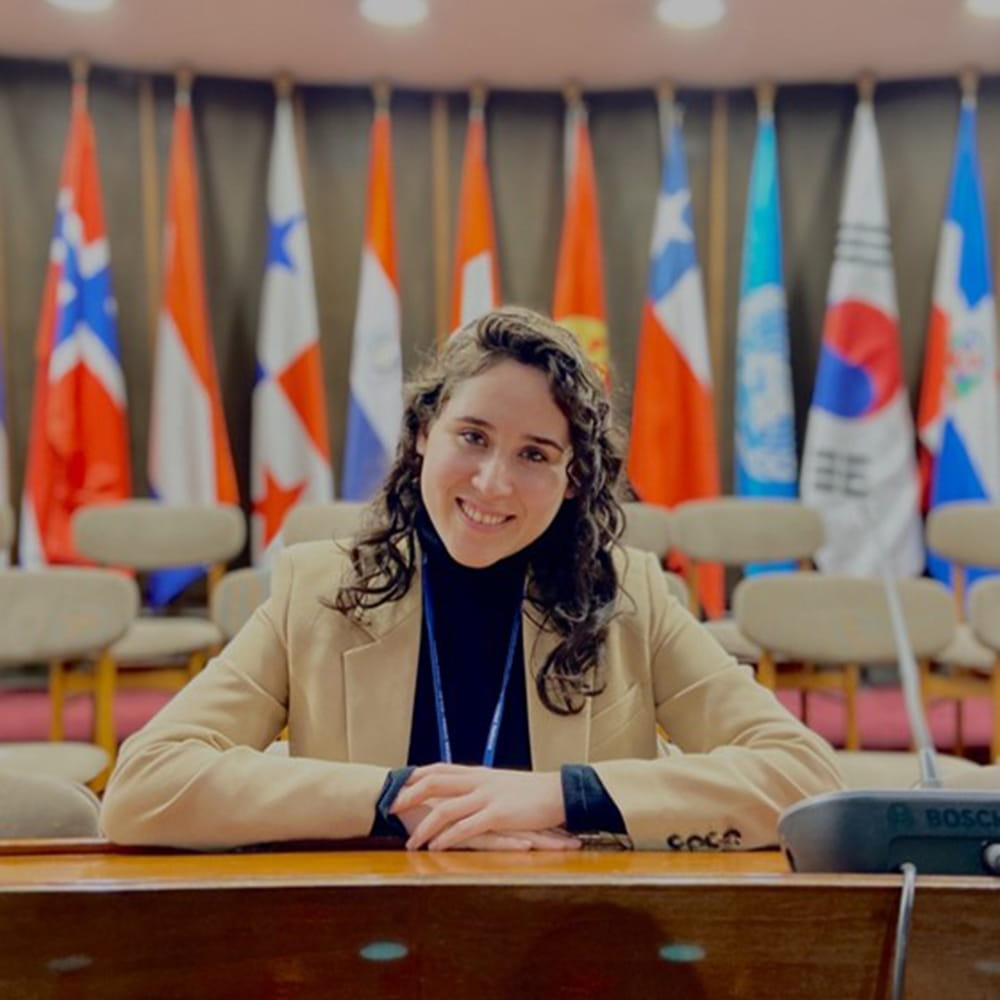Food is a universal human need, and it is a basic human right to have access to safe, nutritious, and culturally appropriate food. But food is more than just fuel for our bodies, it is something that all human beings have in common, a cultural expression that has the power to connect people from different backgrounds, promote understanding and empathy, and help us build bridges across cultural divides.
We can develop a greater appreciation for other cultures’ values and beliefs by learning about their food customs and traditions. Embracing different food traditions cultivates a more inclusive and tolerant society that values the richness of our differences. At the University of Essex, we’re lucky to have a diverse international community. Sharing food with friends can be a budget-friendly way to combat the cost-of-living crisis while also learning about other cultures and traditions.
I’ve been lucky enough to try foods from all over the world thanks to my friends. I’m talking Ramadan and Eid traditions in Muslim countries, street foods from India, and I’ve even celebrated Persian and Chinese New Year. It’s fascinating to see how our different backgrounds shine through in the way we cook and store our food, especially what your flatmates think should be stored in the fridge or not.
Exploring these food experiences has not only been delicious but has also opened my eyes to the beauty and uniqueness of different cultures and traditions.
.jpg)
Top row (left to right): Gobi manchuriya from India, hot pot for Chinese New Year, caterpillar cake, and Egyptian Eid cookies. Bottom row (left to right): Indian dosa with peanut chutney, manjar (caramelized milk), panqueques (crêpes), and a meal deal.
I’ve had the pleasure of trying so many delicious foods from all over the world. One of the most memorable experiences was when my Egyptian friend’s mom sent her homemade cookies all the way from Egypt to celebrate Eid. They were absolutely delicious, and I felt so honoured that she shared them with us.
Before I arrived at Essex, I would stay far away from spicy food, but my love for Indian food has also grown immensely since coming to university. I’ve become obsessed with dosas and peanut chutney. It's so flavourful and satisfying, and I even learned how to make them myself.
While I may be far from home, I’ve also had the chance to make some of my own traditional Chilean dishes, like panqueques con manjar, which is basically crepes with a caramelized milk spread. Making the manjar from scratch was quite the challenge, since I had to boil the condensed milk for hours, but the result was totally worth it. It’s been great to share a piece of my culture with my friends here and introduce them to new flavours and dishes.
In Chile, we have a tradition of giving chocolate Easter eggs to celebrate Easter. However, during my time spent celebrating Nowruz, the Persian New Year, with some friends, I learned about their tradition of painting eggs in vibrant colours to symbolize new beginnings and the coming of spring. I was struck by how the colourful egg paintings were like the wrapping of the Easter eggs in my country. It was fascinating to make this connection between these traditions.
Food is a universal language that we all speak, regardless of our cultural or linguistic background. When we explore different food traditions and customs, we can gain a deeper understanding of each other and the world we live in. We love cooking and sharing, but — don’t get me wrong — we’re still busy students trying to meet deadlines, so we never shy away from a British classic: the meal deal. I couldn’t end without mentioning the “caterpillar cakes” we share to celebrate our birthdays. And yes, I know they go by different names, depending on who you ask.
.jpg?mh=1000&mw=1000&hash=14BED6FD43E4AF48686E65CAC8F180B1)

.jpg)
